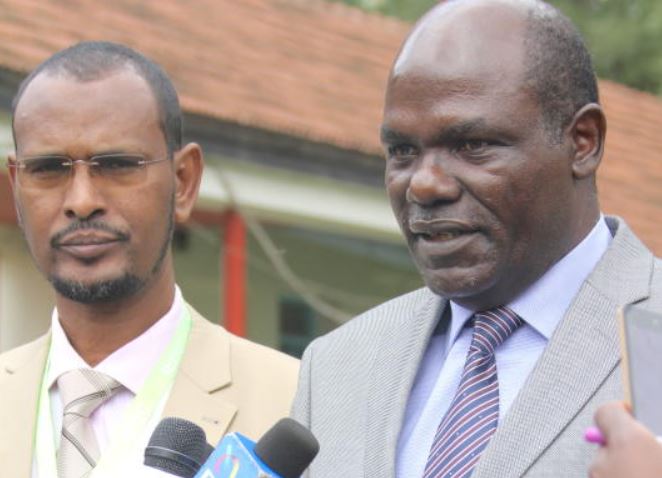×
The Standard e-Paper
Fearless, Trusted News

In a perfect case of poisoned chalice, the electoral body commissioners are to be sent packing immediately after conducting the proposed referendum even as Parliament seeks to fill positions of the four commissioners.
Already, there is push and pull over whether to recruit more commissioners to meet the mandatory seven or disband the Wafula Chebukati-led Independent Electoral and Boundaries Commission (IEBC).